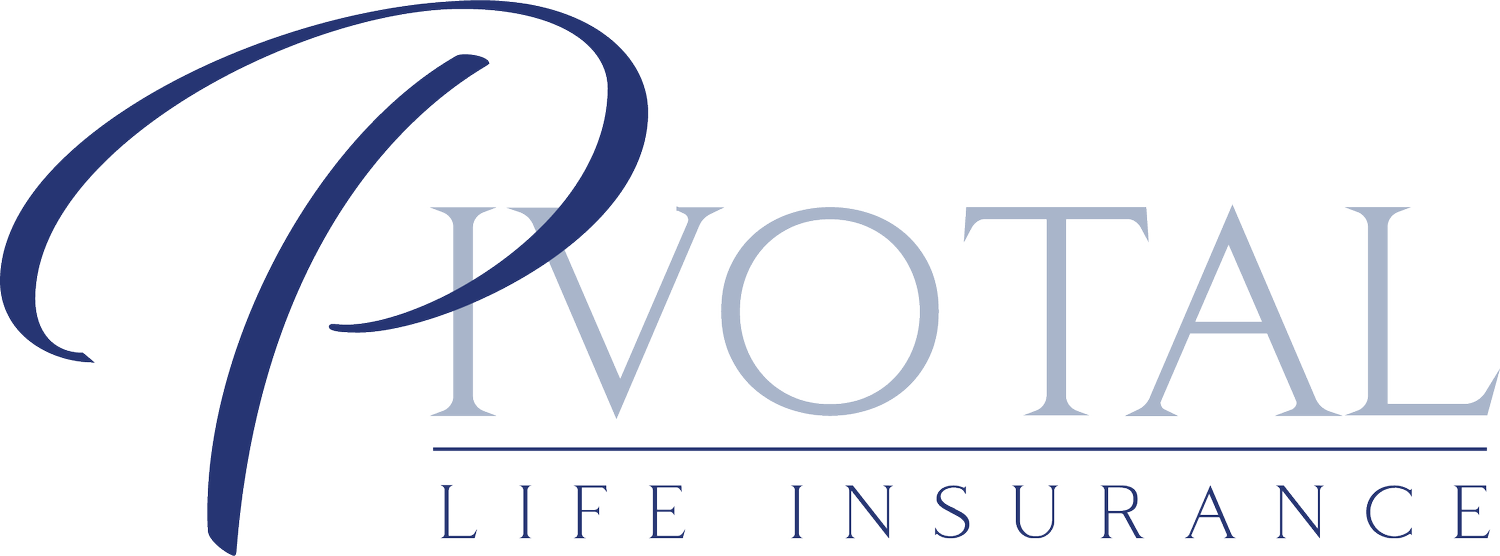
Secure your Family’s Financial Future with Mortgage Protection Insurance.
Mortgage Protection
What is Mortgage Protection?
Mortgage Protection will pay off your home and protect your family in the event of death with tax free death benefit. This is a type of Term policy designed to cover the length and value of the mortgage loan that may offer additional riders (return of premium).
You and your family have a roof over your heads along with a 30 year mortgage. But what if the income stops due to a tragic loss of a family member?
Mortgage Protection Insurance pays off the remainder of the loan in the event of death, so your family can rest easy during their time of despair, and beyond. One of your biggest assets is home sweet home, and Mortgage Protection ensures it will always be.
Do I need Mortgage Protection?
If you have a mortgage, you should be assured that in a tragedy, your family doesn’t lose the home you worked so hard to provide. Mortgage Protection ensures that the remainder of your mortgage is paid in full in the event of death, so that your family can keep their house.
Most Mortgage Protection plans offer a full return of your premium if a claim is never made. There are other types that can pay the mortgage payments for a predetermined period until your family is back on its feet. Some policies could help you pay off your mortgage early if you like and keep the mortgage protected for 20+ years.
Other policies will still pay the original benefit to your beneficiaries even after your mortgage is paid off.
Considerations Before Purchasing
When considering mortgage protection insurance, homeowners should be aware of several key factors. Mortgage protection insurance can provide a safety net in the event of an unexpected loss of income or death, ensuring that mortgage payments can still be made and that the home can be kept. Here are some things to look out for when considering a mortgage protection insurance policy:
Coverage: It's important to make sure that the policy covers the full amount of your mortgage. Depending on the policy, coverage may vary, so it's important to read the terms and conditions of the policy carefully to ensure that the coverage is adequate.
Term of the policy: Homeowners should also look out for the term of the policy. It's important to choose a policy that aligns with the length of your mortgage, as this ensures that the policy remains in effect until the mortgage is paid off.
Premiums: Homeowners should also consider the premiums associated with the policy. It's important to choose a policy with premiums that are within your budget. Premiums can vary widely depending on the policy and the insurer, so it's important to compare different policies and insurers to find the best value.
Exclusions and limitations: Homeowners should read the fine print of the policy carefully to understand any exclusions or limitations. Some policies may not cover certain medical conditions or pre-existing health issues, so it's important to be aware of these limitations before purchasing a policy.
Insurer reputation: Finally, homeowners should consider the reputation of the insurer. It's important to choose an insurer with a good track record of paying out claims promptly and fairly. Homeowners can research the reputation of the insurer by reading customer reviews and looking up the insurer's financial ratings.
-
Decreasing term insurance is a type of mortgage protection insurance with a death benefit amount that decreases over time just as the mortgage balance does.
This type of insurance ensures that the exact mortgage balance is fully covered in the event of a death claim regardless of how many mortgage installments are due to pay.
The amount of benefit paid out from the claim will be enough to cover the mortgage for its entire length, but is reduced to $0 once the mortgage is fully paid off.
-
Level term insurance is a type of mortgage protection insurance where the death benefit amount remains the same over a set period time, regardless of the outstanding mortgage balance.
Upon death, the death benefit is enough to cover the principal amount of the loan. It is ideal for those who have an interest-only mortgage, where the monthly mortgage payments only cover the interest and the mortgage balance remains the same over a longer period of time.
-
Permanent Insurance policies will pay in the event of death for the insured's entire life as opposed to the length of the mortgage. It can be purchased for any amount. Oftentimes, smaller permanent life insurance are purchased to cover the mortgage (for a period of time) while the family adjusts financially without the income of the primary breadwinner.
Permanent life policies are typically more expensive because the death benefit payout will last an entire lifetime, whereas the mortgage payments will not. These policies also have cash value accumulation so once the mortgage is paid off, the owner of the policy has the option to surrender the policy for a return.



